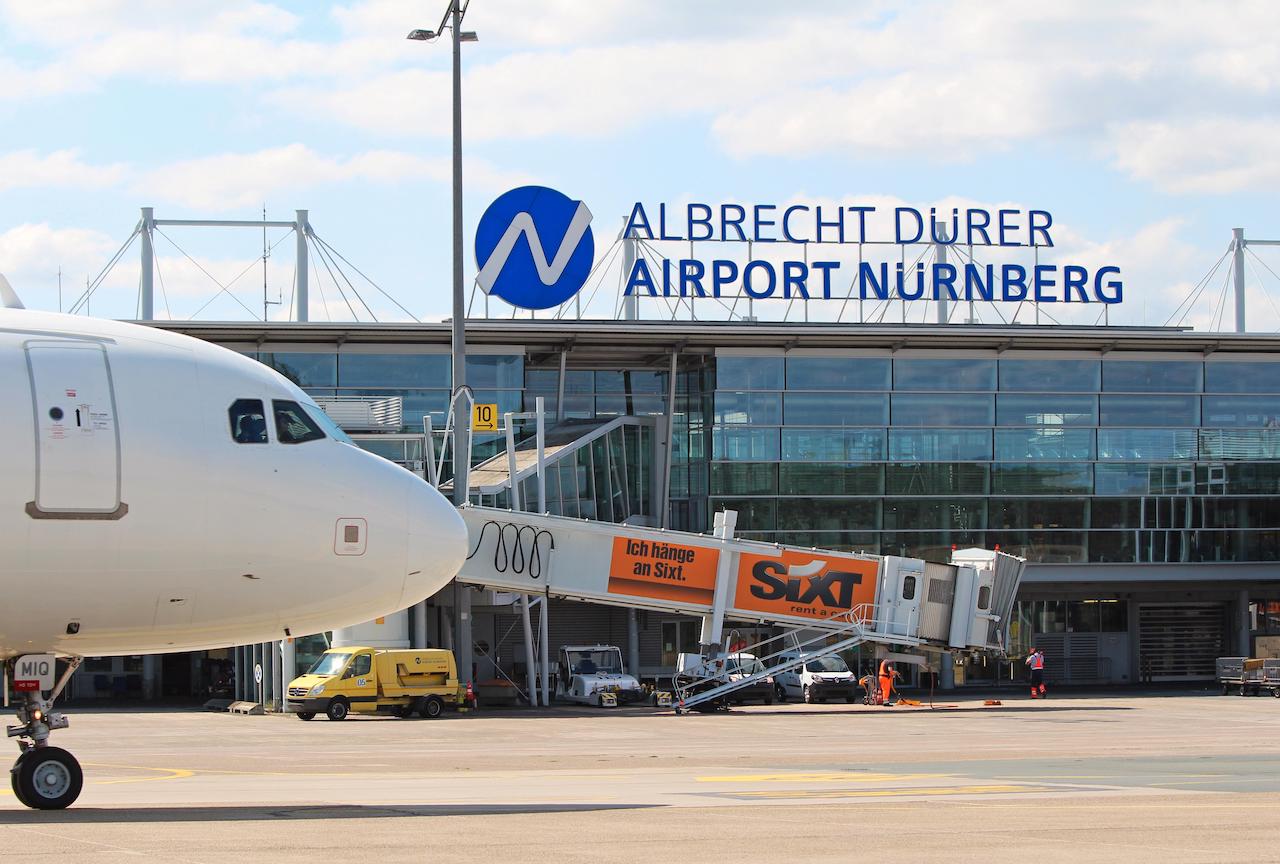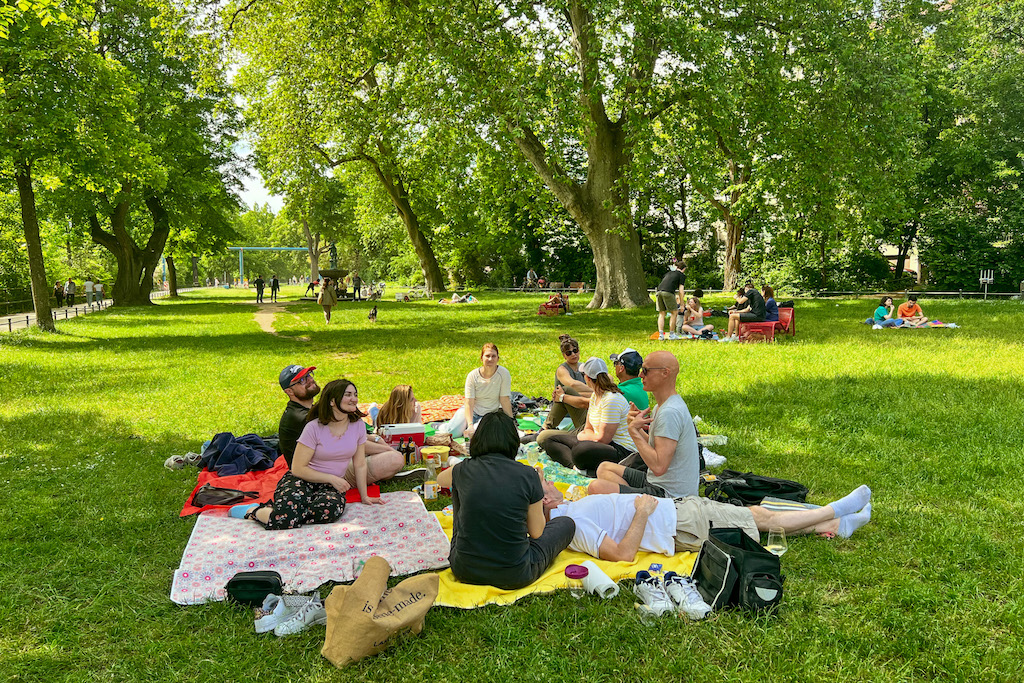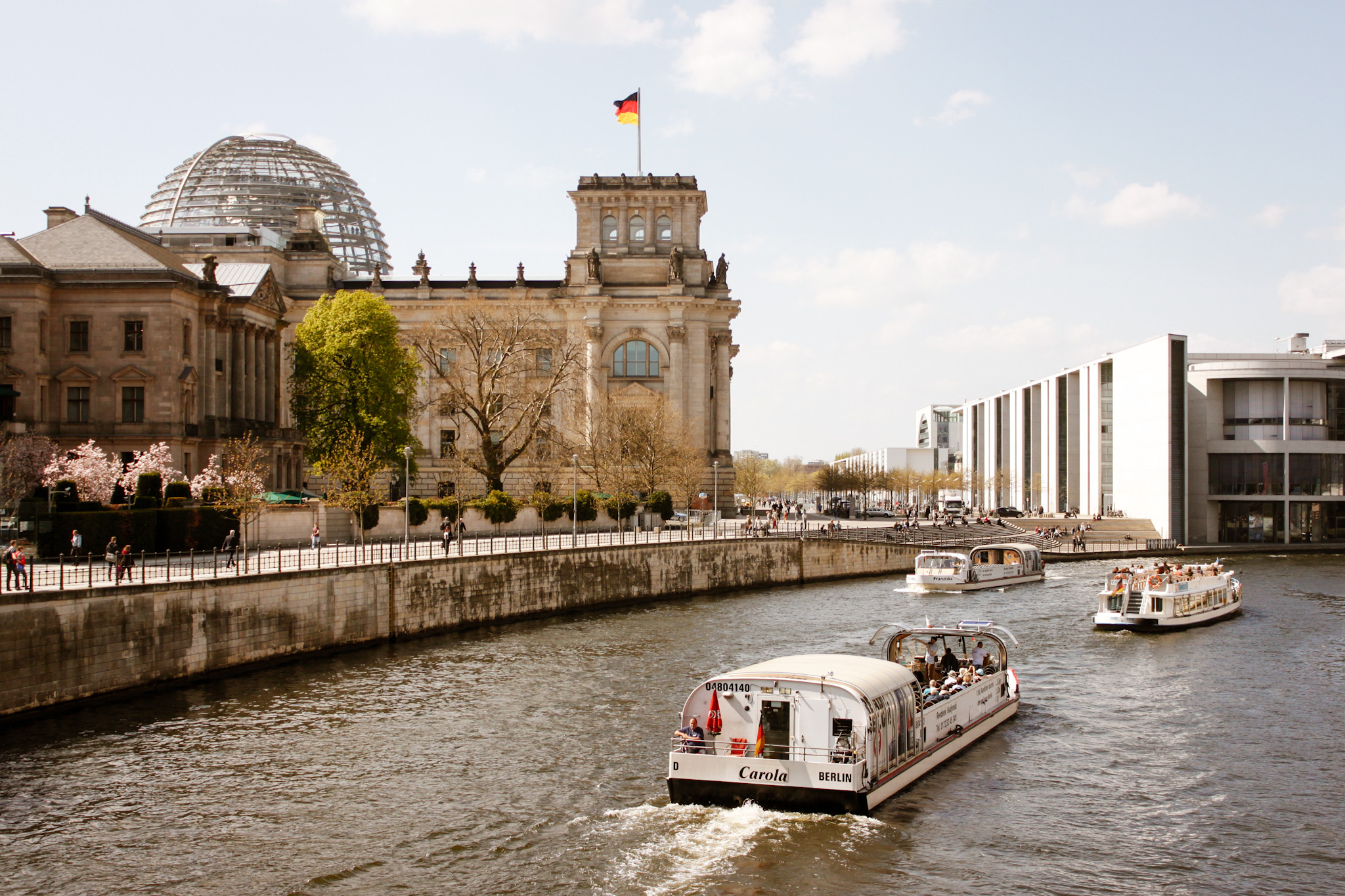Whether you take up residence in Nuremberg, another city in Germany, or are just moving to a new neighbourhood, it is mandatory to let the local authorities know of your new address within two weeks. Failure to do so may result in a fine of up to €1,000. If you’re only visiting or staying with a friend, there’s no need to register for visits lasting up to a maximum of three months. Registration is free of charge and possible at the Central Citizen’s Office (Bürgeramt Mitte), located at Äußere Laufer Gasse 25, 90403 Nuremberg.
Registration
To register your address, you need to go to the Citizen’s Office (Bürgeramt) in person with the following:
- Your Identification (Passport or ID card for citizens of the EU and the EEA )
- A landlord certificate (Wohnungsgeberbescheinigung) given to you when you move in.
- Note: If you own your own house or flat, you can find this document here and tick off the box marked ‘The landlord is also the owner of the apartment’ (Der Wohnungsgeber ist gleichzeitig Eigentümer der Wohnung).
- For married couples: your marriage certificate
- For parents also registering a child: the child’s birth certificate
When residing in Nuremberg, you can go to the Central Citizen’s Office (Bürgeramt Mitte) without a prior appointment on Mondays, Wednesdays, Thursdays, and Fridays from 8am–12:30pm as well as on Tuesdays from 10am–2pm. The wait can be long, so we recommend arriving early or trying to get an appointment.
How to get an appointment
Getting an appointment requires some discipline as well as a lot of luck. The online portal for booking an appointment can be found by clicking here. There is no English language version of the webpage but you can help yourself by using a browser with the ability to translate the page into English. Once you’re there, follow the steps below:
- Click on ‘Identity Card, Passport and Registration Matters’ (Ausweis, Pass- und Meldeangelegenheiten).
- Expand the drop-down menu of ‘registration matters’ (Meldeangelegenheiten).
- Add one or more persons (in the case of spouses, children, or other dependents) by selecting the “+” symbol next to ‘Register an apartment (moving to Nuremberg)’ (Wohnung anmelden (Zuzug nach Nürnberg).
- Click ‘continue’ (Weiter).
- Click ‘OK’ upon seeing the online appointment request (Online-Terminanfrage) pop-up.
- Select ‘Bürgeramt Mitte’, or alternatively, the Citizen’s Office (Bürgeramt) located closest to you.
- If appointments are available, they will be immediately visible and can be selected.
- Once selected, you will be required to enter your personal details followed by clicking ‘reserve (Reservieren).
As stated on the city’s website, new appointments are released every Monday–Friday at 6:30am for the upcoming two weeks.
What if no appointments are available for the next two weeks? And as stated above it’s mandatory to register within two weeks!
Well, you have a problem!
No, not really, but you have two choices:
- Get on the appointments page by 6:29am on the next weekday and hit ‘refresh’ once the clock strikes 6:30am—as often as necessary. You can also check back regularly, as it’s possible for people to cancel their appointments.
- Bite the bullet and go wait in line at the registration office at the times noted above.
If you make an appointment, arrive on time! Appointments don’t usually last longer than ten minutes, so if you’re late you might be forced to reschedule or wait in line with everyone else.
If you have a spouse or child
A married couple with or without any dependents only needs to make one appointment and will receive a form with all their names listed. In this case, you need to bring your marriage certificate as well as your child’s birth certificate to the appointment. The documents may need to be translated if they are not in English or German.
Note: unmarried couples living together still need to make two separate appointments and will receive two separate forms, each with their respective names.
In the case of unmarried couples with children, only one parent is required to register their child.
Religion
It may come as a shock for some to learn that you’ll be asked which religion you follow when registering in Germany for the first time. This is due to tax implications depending upon your religion. If you register as protestant or catholic, you will be required to pay church taxes (deducted from your paycheck). You can also state that you have no religion.
If you have already stated your religion as protestant or catholic, but no longer want to pay church taxes, you can make an appointment at city hall, pay a fee of €35 and declare you’re leaving the church. However, doing so means you will no longer have a claim to take part in church activities or to marry in church.
What comes next?
Once you have successfully registered your residence with the Citizen’s Office (Bürgeramt), you will be given a stamped document which can be used as proof that you’re a resident of Nuremberg. This can be used to fulfill other necessary bureaucratic tasks such as opening a bank account, getting health insurance, or applying for a residence permit. This document is very important, so keep it in a secure place—you never know when you might need it.
- After successfully registering your address, you will receive your Tax ID by mail. This is necessary if you are looking for employment.
- You will get a letter stating you have to pay the broadcasting fee (Rundfunkbeitrag), also known as the GEZ or Radio/TV License. This is a fee of €18.36 per month per household. If you are sharing your house or apartment with others, they are likely already signed up to pay this fee and you can notify the authorities that you share the same residence.
Moving within an administrative district
If you’re moving within Nuremberg, you would select ‘register a change of apartment’ (Wohnung ummelden) at step three of making an appointment. It is necessary to notify the authorities even if you’re moving around in the same city. This also ensures that important documents mailed by the city get sent to the correct address.
Leaving Germany

If you’re leaving Germany permanently from Nuremberg, you would select ‘De-registering the secondary residence’ or ‘moving abroad’ (Abmeldung der Nebenwohnung oder Wegzug ins Ausland) at step three of making an appointment. It is necessary to notify the authorities when you’re leaving the country, as you then are, for example, no longer required to pay the ‘Rundfunkbeitrag’.
For those residing in Fürth, further information and appointments can be obtained here.
For those residing in Erlangen, further information can be obtained here. It seems, at the time of writing, appointments are not possible.
If you reside in a smaller town or village contact your local government office (Gemeinde–also known as Gemeindeamt, Gemeindewerk, or Gemeindeverwaltung) to register your new address.
Did we miss anything? Please leave us a comment in the section below!
Disclaimer: English Post Nuremberg assumes no responsibility or liability for any errors or omissions in the content of this article. The information contained in this article is provided with no guarantees for completeness, accuracy, usefulness or timeliness and without any warranties of any kind whatsoever, expressed or implied. English Post Nuremberg does not warrant that the links provided here and any information or material downloaded from these sites will be uninterrupted, error-free, omission free or free of viruses or other harmful items.

















Thank you so much for this article! It helped me a lot as I navigate all the required steps as a newcome with very little knowledge of German.